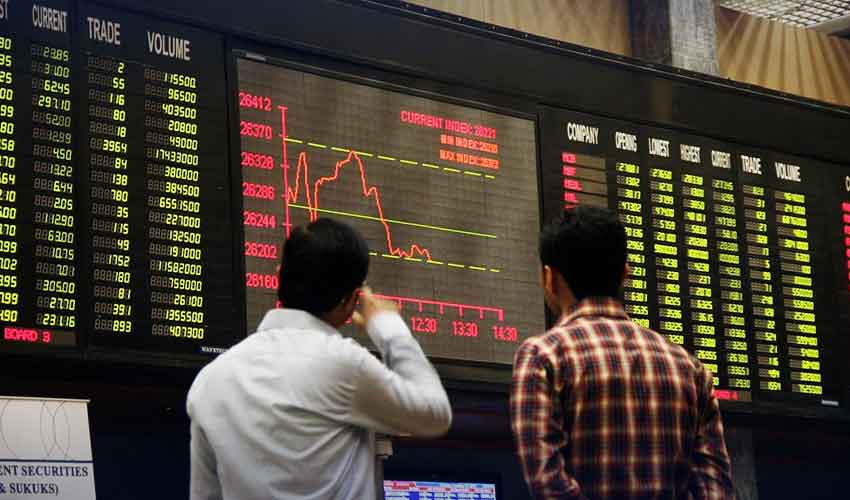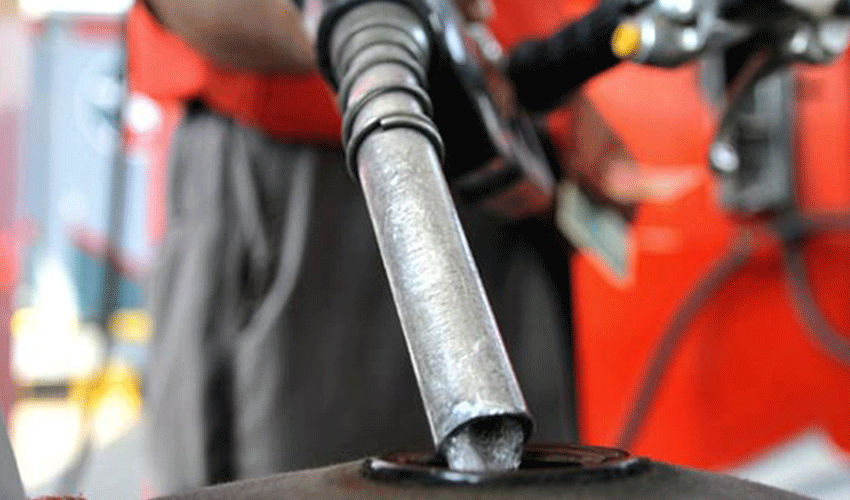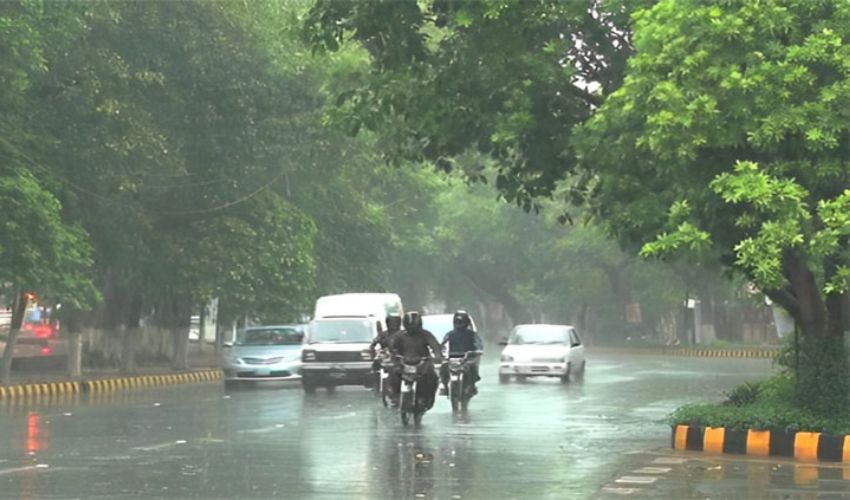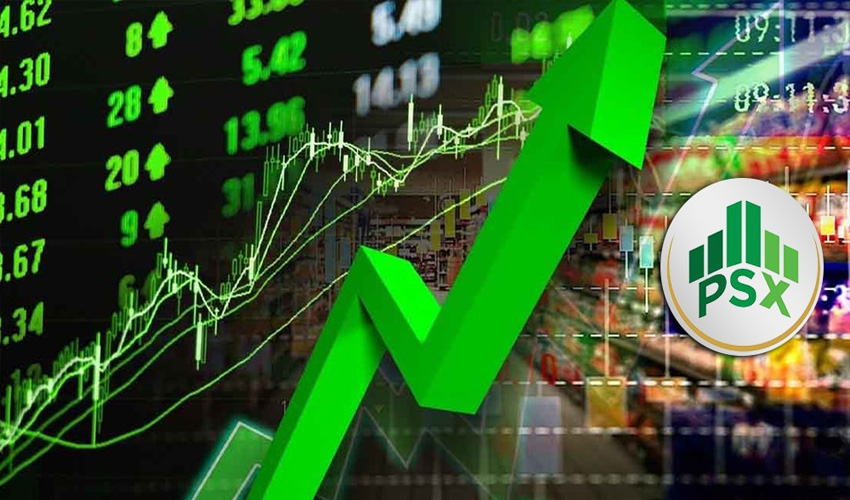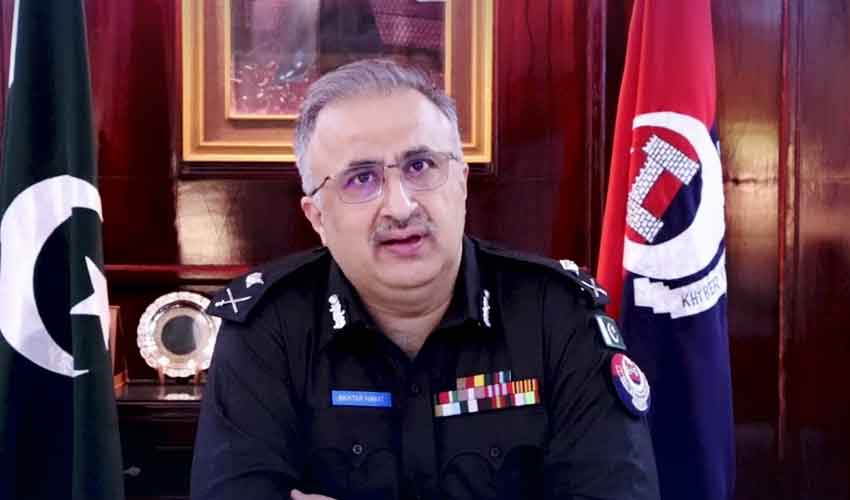The Pakistan Stock Exchange (PSX) reached a historic milestone on Friday, crossing the 95,000-point mark for the first time in its history.
During the second business session of the day, the benchmark KSE-100 Index surged by 1,085 points, reaching an all-time high of 95,278 points. This remarkable rally added over 1,000 points to the market, underscoring its robust performance.
Earlier in the day, the PSX soared to unprecedented levels, setting a new all-time high as the benchmark KSE-100 Index gained 790 points, reaching a historic peak of 94,982 points.
The record-breaking performance highlights investor confidence and a surge of optimism in the stock market.
In early trading, the market gained over 500 points, indicating strong momentum as investors responded to favourable economic signals. The KSE-100 Index continued its upward trajectory, later adding 594 points to touch another record level of 94,786 points.
This positive development comes as the State Bank of Pakistan's (SBP) foreign exchange reserves saw an increase of $84 million, reaching $11.26 billion during the week ending November 8, according to data released by the central bank on Thursday.
This marks a 0.75% week-on-week rise. The country’s total liquid foreign reserves also experienced a slight uptick, growing by $33.7 million or 0.21% week-on-week to stand at $15.97 billion.
However, reserves held by commercial banks declined, decreasing by $50.3 million or 1.06% to settle at $4.71 billion.
Moreover, Pakistan’s economic team has expressed optimism regarding the discussions with the International Monetary Fund (IMF). Minister of State for Finance Ali Pervaiz Malik, in an exclusive conversation with Samaa TV, claimed talks were moving in a positive direction.
Highlighting improvements in Pakistan's economic conditions, Malik noted substantial progress over the past six months to a year. He emphasized that Pakistan’s current economic situation has seen significant enhancement, with a reduced current account deficit of only $100 million in the first quarter, a reflection of the government’s strategy to increase remittances and boost exports.
Malik shared that discussions with the IMF are primarily focused on external financing, and while there have been speculations about a potential mini-budget or an increase in the petroleum levy, he clarified that these are currently premature considerations.





